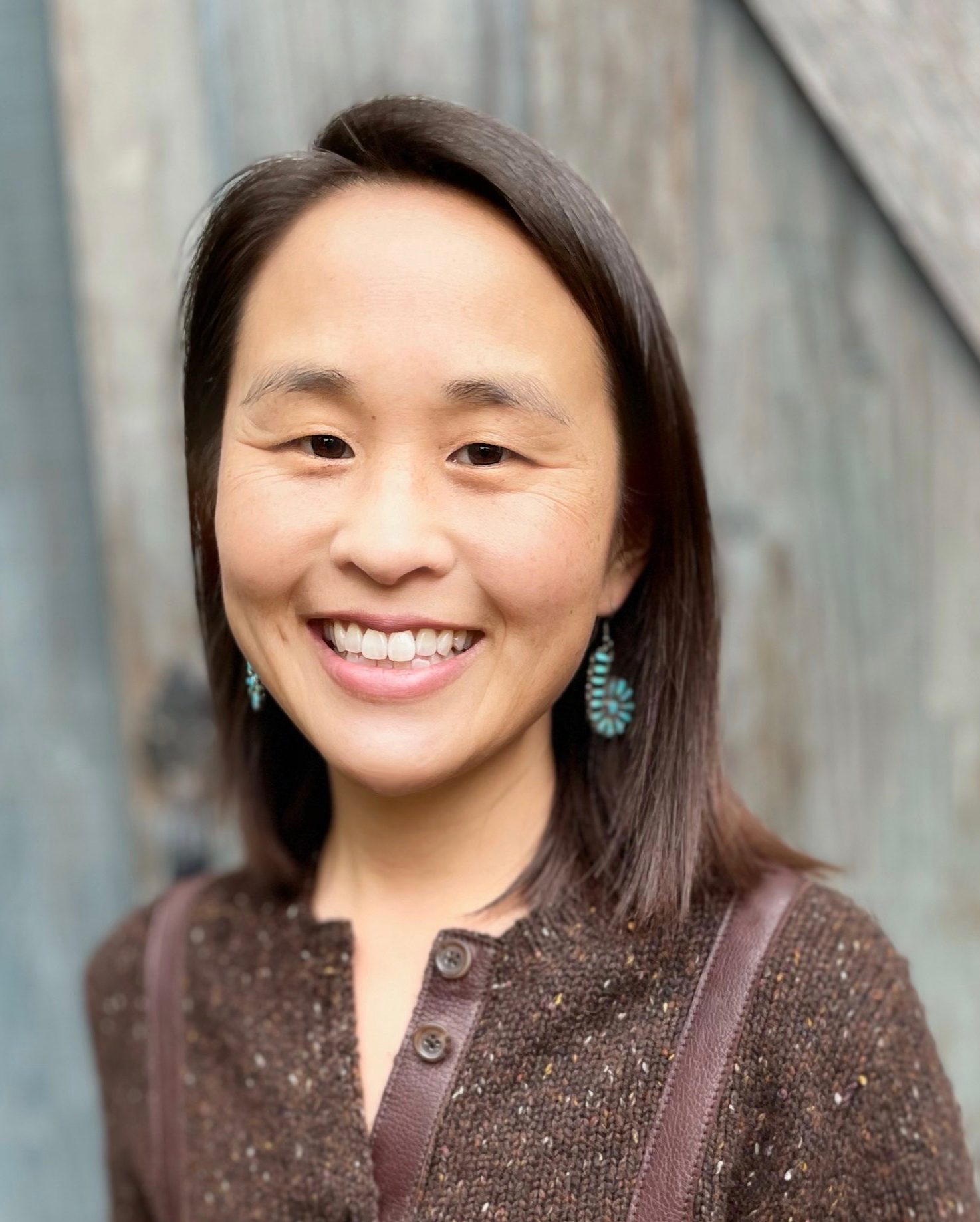 Dr. Jocelyn Sze (she/her) is a licensed psychologist and assistant clinical professor at the University of California, Berkeley. She specializes in cognitive behavioral therapy (CBT) and Eye Movement Desensitization and Reprocessing (EMDR) for adult populations. She has fully met the EMDR International Association requirement for EMDR training (completion of Part I and II training and consultation).
Dr. Jocelyn Sze (she/her) is a licensed psychologist and assistant clinical professor at the University of California, Berkeley. She specializes in cognitive behavioral therapy (CBT) and Eye Movement Desensitization and Reprocessing (EMDR) for adult populations. She has fully met the EMDR International Association requirement for EMDR training (completion of Part I and II training and consultation).
In addition to her private practice, Dr. Sze is an assistant professor at UC Berkeley providing supervision in CBT and trauma-informed, culturally-affirming psychotherapy. Her primary research interests include emotion and empathy, women’s health issues, and Asian-American identity, and Dr. Sze has published in leading scientific journals in such areas.
Dr. Sze serves as treasurer for the trauma nonprofit, Bay Area Trauma Recovery Clinical Services, and board member for the McCune Foundation, which supports grassroots organizations that empower and mobilize historically excluded populations. She also serves on SSCP’s Committee on Science in Practice to help clinicians access findings in basic science to guide their clinical work. In 2021, Dr. Sze founded the Free Needle Phobia Pilot Program, which was a year-long program that provided free CBT exposure therapy for people who want to get vaccinated but struggle with needle phobia.
For a sample of Jocelyn Sze’s research, you can click on the links below:
Meditation and emotional coherence.pdf (published in Emotion)
Empathy, prosocial emotion, and aging.pdf (published in Emotion)
Education
Training
Areas of Expertise
- Anxiety (e.g., panic, generalized anxiety, social anxiety, procrastination and worry, OCD, phobias, post-traumatic stress disorder)
- Mood (e.g., depression and bipolar disorder)
- Relational issues (e.g., loss, breakups, loneliness, role transitions, relational conflict/dissatisfaction)
- Trauma
- Sleep (insomnia and nightmares)
- Stress, anger, and emotion regulation
Special Populations
- Women’s health (related to pregnancy, postpartum, transition to motherhood, caregiver stress)
- Asian American identity (e.g., intergenerational/cultural conflict, cultural differences in emotional expression, identity development, experiences of racism)
- Professionals in tech/startup world
Additional Background
- Technology-assisted interventions (e.g., telemental health, data tracking/visualization)
- Research publications on mindfulness, emotion, empathy, and aging